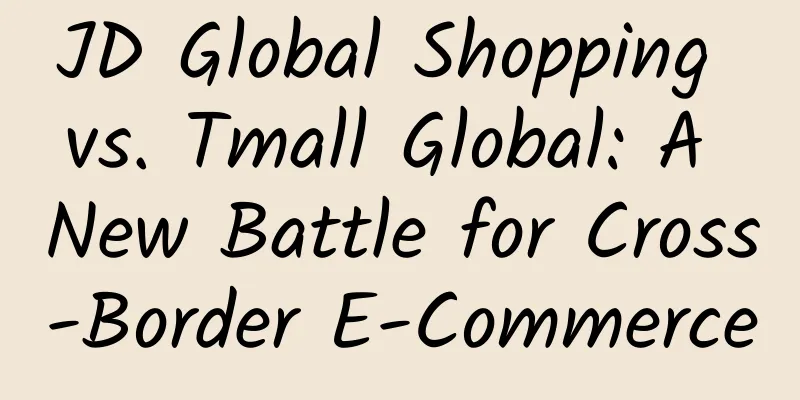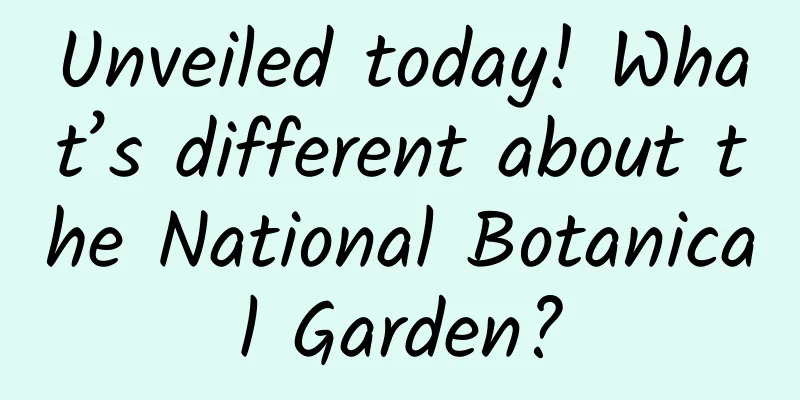It can make you sweet, but it can also make you acutely poisoned...

|
Did you know that the elements can be deceiving? For example, trace amounts of beryllium taste sweet, but as the dose increases, its toxicity increases dramatically. It’s estimated that up to one in ten people worldwide have an allergy to beryllium, a condition called acute berylliosis , which is the periodic table equivalent of a peanut allergy. Enrico Fermi, one of the greatest scientists of all time, discovered that exposure to beryllium dust can damage the lungs of even people without allergies, causing chemical pneumonitis, just as inhaling very fine silica particles can. When the young and energetic Fermi was testing radioactive uranium, he used beryllium powder, which was very suitable for this experiment because it could slow down the speed of escaping particles when mixed with radioactive materials. Instead of particles escaping meaninglessly into the air, the beryllium would bind them to the uranium grid and then excite more particles. Later, Fermi moved from Italy to the United States. His previous experiments gave him great confidence, so he began to try unprecedented nuclear chain reaction experiments in the squash courts of the University of Chicago. (Fortunately, he not only knew how to start the experiment, but also had the ability to stop it.) But while Fermi was taming nuclear energy, simple beryllium was also setting a trap for him. Young Fermi inhaled so much of this chemical "powdered sugar" that at the age of 53 he developed pneumonia and was chained to an oxygen tank, his lungs shredded. Beryllium fools people who don't know about it, partly because the human sense of taste is a bit distorted. It is now generally accepted that some of the five taste buds are reliable. The bitter taste buds can detect foods, especially toxic nitrogen compounds in plants, such as cyanide in apple seeds. The umami taste buds only recognize glutamate, the G in monosodium glutamate (MSG), which is an amino acid that helps protein synthesis, so these taste buds will tell you that the food is rich in protein. However, the sour and sweet taste buds are easily fooled. Beryllium can fool them, as can a special protein in some berries. Miracle fruit protein is indeed mysterious, it can remove unpleasant sour tastes from foods without changing the taste of the food, so it can make apple cider vinegar taste like apple juice or make Tabasco taste like Italian ketchup. Miracle fruit protein inhibits the taste buds responsible for sour taste and hooks up the taste buds responsible for sweet taste; acid produces discrete hydrogen ions, and under the action of miracle fruit protein, a few hydrogen ions can stimulate the sweet taste buds, so you taste sweet. According to the same principle, people who accidentally inhale hydrochloric acid or sulfuric acid often remember the toothache at that time, as if a piece of very sour raw lemon was stuffed in their mouth. However, as Gilbert Lewis has shown, acid has a very close relationship with electrons and other charged particles. So at the molecular level, the "sour taste" we experience is simply our taste buds being activated by hydrogen ions. Our tongue confuses the electric current generated by the charged particles with the taste of sourness. As early as around 1800, Italian Count Alessandro Volta (the unit of voltage is named after him) designed a clever experiment to demonstrate this phenomenon. Volta found several volunteers and asked them to line up, each of them pinched the tongue of the person next to them with their hands, and then the people at both ends put their fingers on the leads of the battery. When the current was connected, everyone tasted that the fingers of others were sour. The taste bud responsible for saltiness is also easily affected by an electric current, but it is only interested in the charge of a specific element. Sodium triggers the strongest salty taste, but its chemical cousin potassium rides on its coattails and also tastes salty. In nature, both elements exist as charged ions, and what the tongue detects is not the elements themselves, but their charge. We evolved taste buds that detect salt because potassium and sodium help nerve cells transmit signals and muscles contract. Without the electrical charge they provide, our hearts would stop beating and our brains would literally die. The tongue can also taste other physiologically important ions, such as magnesium and calcium, which are basically salty. Of course, taste is so complex that saltiness is not as simple as described above. Some ions that have no physiological use also taste salty like potassium and sodium (such as lithium and ammonium). Potassium and sodium may also taste sweet or sour if they are paired with different elements. Sometimes, a molecule (such as potassium chloride) is bitter at low concentrations, but becomes salty at high concentrations, just like Wonka in the movie. Potassium can also not show any taste. There is a compound called gymnema potassium in the leaves of gymnema sylvestre. Chewing raw gymnema potassium can neutralize the taste-modifying properties of miracle fruit protein. Glucose, sucrose, and fructose can bring a cocaine-like high to the tongue and heart, but chewing Gymnema potassium reportedly blocks this high: even if the tongue is piled high with sugar, it tastes like just a pile of sand. What these things tell us is that taste is a very poor guide in the pursuit of the elements. Why can beryllium mislead us? Perhaps it is because it was not until after the French Revolution that a chemist in Paris extracted pure monomeric beryllium. Before that, humans had never encountered pure beryllium in the natural environment, so we had no time to evolve an instinctive aversion to it. The point is that we are, at least in part, products of our environment. No matter how good our brains are at parsing chemical information and designing chemical experiments in the lab, our senses will always draw their own conclusions, making us smell garlic in tellurium and sweet in beryllium. END Editor/Heart and Paper |
<<: The quickest way to lose weight: Can you lose weight immediately by just lying down?
>>: Where does a spacecraft go when it retires?
Recommend
Are antibiotics “enemies” or “friends”?
In recent years, you may often see "Super-re...
Operational notes from Tencent PM: 3 major skills for product operation
Making TO C products is like playing with buildin...
Xpeng Motors Wuhan factory project officially launched, accelerating the separation process with Hainan Mazda
New car manufacturers often face a choice when en...
Can sleep-aiding aromatherapy really cure insomnia? Don’t believe it anymore because…
“Sleep-aiding aromatherapy can cure insomnia.” Th...
Reject BOSS Direct’s “brainwashing” marketing! Avoid these 3 misunderstandings when promoting your products!
Recently, many netizens have expressed that they ...
With 520,000 stores opening a day, how can brands achieve social fission?
Opening a coffee shop of your own is a dream that...
In terms of privacy protection, what two changes did iOS 14.5 make?
Every day we use our phones, every word you click...
Why is Sony the only one in the world to launch a 4K mobile phone?
Sony's Xperia Z5 Premium is currently the onl...
If you want to promote Tik Tok with zero basic knowledge, you must read these 8 points!
The editor’s TikTok has exploded! My Douyin accou...
A complete analysis of Luckin Coffee’s social media strategy to increase its daily sales by 35,000 cups
After Luckin Coffee was suspended and delisted, i...
2020 Beginner’s Guide to Private Domain Traffic System!
What is private domain traffic ? This is a relati...
4 Misconceptions of APP Acquisition of Users, Have You Fallen into Them?
Regardless of whether users are easy to dig, avoi...
6 conversion rate analysis models to improve product conversion!
1. Why is conversion rate becoming more and more ...
Popular Science Illustrations | It's about your "little liver"! You should know these liver care knowledge
Gatekeeper expert | Chen Huiting, director of the...
Be careful, eating too much of this kind of food will make you stupid! Check if you are eating it every day.
Generally speaking, people are more concerned abo...









